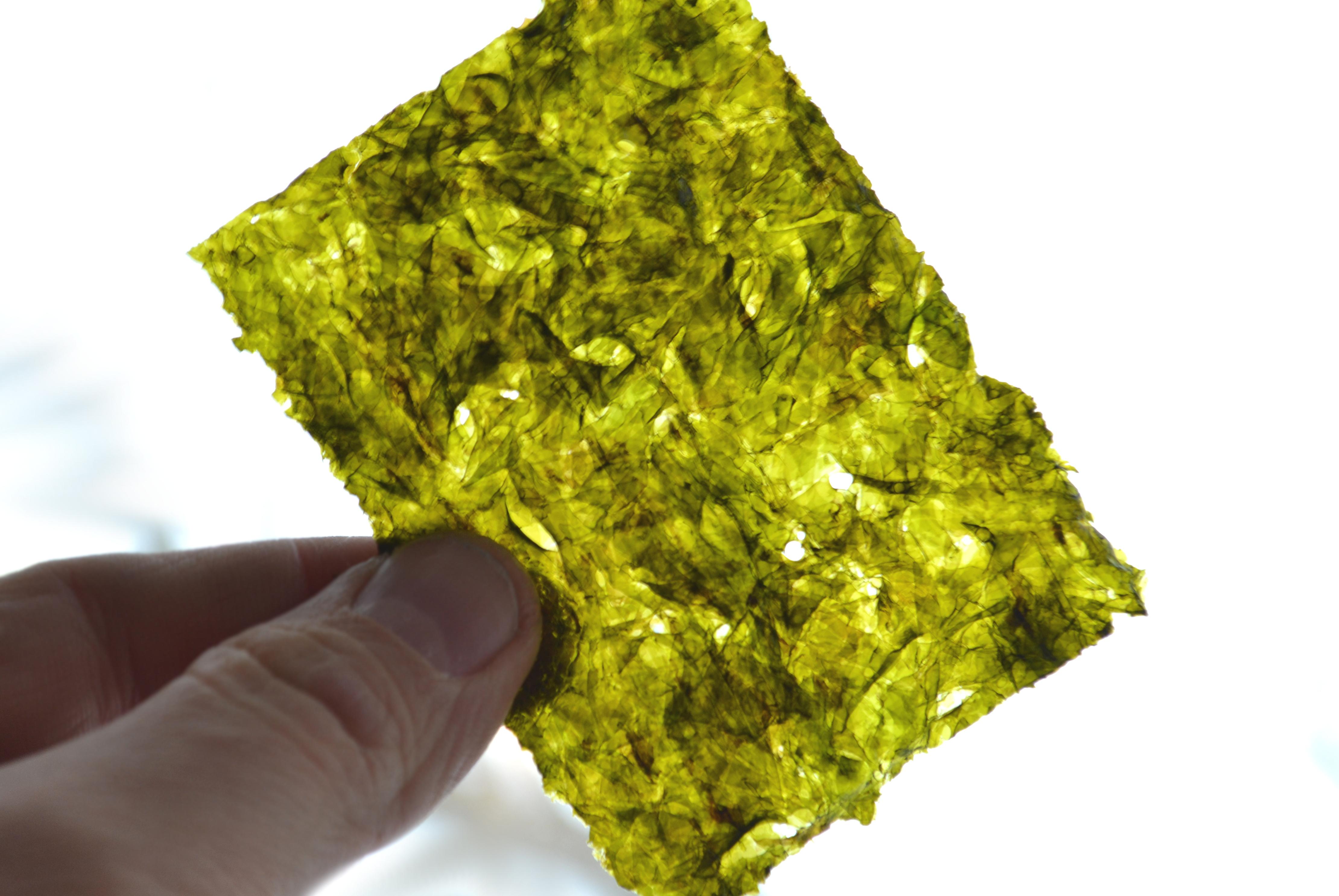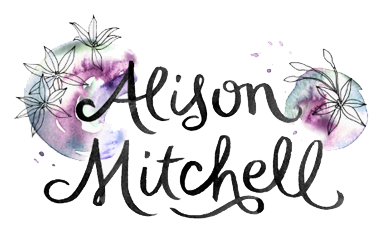Vitamin B12 in Vegan/Vegetarian diets
[fb_button]
Guest Post by Katarina Mitrovic
Being vegan or vegetarian is usually considered as a healthy lifestyle. And why shouldn’t it? Avoiding meat and dairy, food groups which are increasingly being associated with an increased cancer risk and hormonal imbalances while eating only plant foods of which we are constantly reminded that we should be eating a lot off, surely is the best thing we could do for our health. Or is it? Vegetarian diet is cleansing, alkalizing, and can be therapeutic, however it requires a lot more effort and planning than just simply avoiding meat. On a long term, it can be inadequate in several essential nutrients of which vitamin B12 is one. So let’s talk about deficiency of B12 vitamin in Vegetarian/Vegan diet and how to best avoid it.
What is vitamin B12?
Vitamin B12, also known as cobalamin is the largest and has the most complex chemical structure of all vitamins. Vitamin B12 is made by certain bacteria in gastrointestinal tract of animals and is then absorbed and concentrated in the body tissue. Hence, vitamin B12 is only found naturally in foods of animal origin. Unfortunately, plants can’t produce vitamin B12, although some microorganisms on plant material may do so to some extent, which we will cover further down.
Why is this vitamin so important?
Well, B12 is essential in several very important processes in our body: DNA synthesis, synthesis of myelin sheath (a fatty, neuron-enwrapping sheath that serves to speed up neural conduction), it is also essential for energy production in ‘mitochondria’ our furnaces within the cells, as well as making red blood cells in the bone marrow. As you can see, a big job for our largest vitamin.
How much do we need?
The Recommended Dietary Intake (RDI) for an adult is 2.4 µg/day and it is slightly higher during pregnancy 2.6 µg/day and lactation 2.8 µg/day. Now, that doesn’t sound like much but to obtain it from vegetarian sources isn’t that easy, even for lacto-ovo-vegetarians. For example, a whole egg = 0.9-1.4 µg/100g (one egg is 50-60g) so we are looking at 4-6 eggs – however the problem is that it is poorly absorbed (3.7% – 9.2%); Milk = 0.3-0.4 µg/100g (glass of milk is 250mls) so you looking at 3-4 glasses but again, a lot is lost during processing of the milk; cheeses are a bit better as a lot of B12 lost in milk processing is then recovered during chees making process (i.e. cottage cheese, hard cheese, and blue cheese are good sources). Plant sources unfortunately either don’t contain any B12 or if they do as a result of microorganism action, the amounts are variable in amount and form and hence rendered unreliable. There are few sources that can be considered useful to some extent. More on that later.
So, this is how much you need daily when your stores of B12 are full, however if deficient – it will take much more than the RDI to replenish the stores. Initial supplemental dose is usually 1000-2000 µg/day for week or two and then 1000 µg/day for life.
Obtaining vitamin B12 from vegetarian food sources. Is it possible?
Dietary sources of B12 as mentioned are mainly meats and dairy. In a typical Western diet approximately 5-15 µg of vitamin B12 is easily obtained daily. This is much more than recommended daily intake of 2-3 µg/day. However for Vegetarians and Vegans sources of B12 are scarce.
These are some of the sources, although none are very reliable and adequate. In most cases supplementation is usually recommended.
Fortified foods i.e. commercial cereals, soy milk and soy meat substitutes, however these are highly processed foods and the B12 contain is variable. I would not recommend them as a good source of B12. Another one is fortified nutritional yeast specially targeted for vegans, with 2 tablespoons typically containing recommended daily intake amount.
Fermented beans i.e. tempeh = 0.7-8.0 µg/100g although there is a concern about absorb-ability.
Shiitake mushrooms may contain between 1.3-12.7 µg of B12 per 100g of dry weight but consuming this amount of mushrooms daily is not possible and you still don’t know how much you are getting as B12 content varies a lot.
 Some algae may contain considerable amounts of B12. And to the surprise of many it is not Spirulina or Chlorella, it is Nori which is used in making sushi. Green and purple nori contains approximately 63.6 µg/100g & 32.3 µg/100g dry weight respectively. (Watanabe et al 2014) Who would have known? One Nori sheet is approximately 2.1 g so it would take 2 green nori sheets or 4 purple nori sheets daily to achieve required daily requirement. This may be manageable on some days but perhaps used in a soup or stir-fry rather than 4-8 sushi rolls with tone of carbs in between. Other algae including spirulina are not a reliable sources. They have a form of B12 which is an analogue or pseudo vitamin, it is biologically inactive in humans.
Some algae may contain considerable amounts of B12. And to the surprise of many it is not Spirulina or Chlorella, it is Nori which is used in making sushi. Green and purple nori contains approximately 63.6 µg/100g & 32.3 µg/100g dry weight respectively. (Watanabe et al 2014) Who would have known? One Nori sheet is approximately 2.1 g so it would take 2 green nori sheets or 4 purple nori sheets daily to achieve required daily requirement. This may be manageable on some days but perhaps used in a soup or stir-fry rather than 4-8 sushi rolls with tone of carbs in between. Other algae including spirulina are not a reliable sources. They have a form of B12 which is an analogue or pseudo vitamin, it is biologically inactive in humans.
For lacto-ovo-vegetarians, milk, cheese and eggs are a source although not very significant as mentioned earlier.
Also it is interesting to know that organic vegetables get some B12 producing bacteria through fertilization with manure, and hence choosing organics may contribute to your vitamin B12 intake ever so slightly.
For the rest of us who consume animal products clams and beef liver are the highest sources of B12, containing about 84 and 71 µg/100g of B12 in a serving of 85g. Other good sources are chicken liver, pork liver and salmon.
B12 absorption, getting it into our body and cells.
Getting enough B12 through food is one challenge, but being able to then absorb it is a whole new one. B12 is the hardest to absorb nutrient. It has very complex absorption process. It depends on salivary glands to produce R-Protein for temporary binding to B12, stomach acid and pepsin to help break down protein bonds, stomach parietal cell function to produce intrinsic factor for binding, functional pancreas to produce proteases and functional illium for proper absorption. So in addition to not being readily available in plant foods there are so many areas with absorption that can also go wrong. For example, use of antacids suppresses stomach acid production. The elderly can often have reduced parietal cell function and pancreatic cell function. Inflammation in small intestines can reduce absorption. These are very common scenarios and are especially concerning if a person is long term vegetarian or vegan. (http://www.aafp.org/afp/2003/0301/afp20030301p979-f2.gif)
How would I know if I am deficient?
Well, you may not know if you are deficient for several years. B12 can be stored in the liver for many years, and therefore deficiency symptoms may not be apparent for some time. When symptoms do occur, and they can occur rapidly, you have well and truly depleted your stores.
Deficiency symptoms may be mild or severe. Mild symptoms, such as lethargy or forgetfulness are so general that often are associated with other issues. Other symptoms of Vitamin B12 deficiency can range from skin pallor, lowered energy and exercise tolerance, shortness of breath and palpitations which are generally associated with anaemia. Most of these effects are indistinguishable from another vitamin deficiency – folate deficiency. Neurological symptoms are present in about 75-90% of people with frank deficiency and are more severe with vitamin B12 than in folate deficiency which helps to set them apart. They include sensation of tingling, tickling, pricking, or burning of hands and feet, movement and gait changes, mood changes and memory loss which can progress to dementia. There may also be visual disturbances, impotency and impaired bowel and bladder control. These are some serious effects not to be laughed off. So let’s pay attention to our body and if in doubt test.
How can I test it
The most common test is blood test, that is, total serum B12, however research has shown that it doesn’t accurately represent the levels of B12 within the body tissue. Testing for blood Homocysteine and Methylmalonic acid levels is a more sensitive method for testing as these parameters are increased early in Vitamin B12 deficiency, even before red blood cell changes occur. If we only use low blood vitamin B12 level to diagnose B12 deficiency, observational studies show that we would miss up to one half of people with actual B12 deficiency. (Oh & Brown 2003) Hence, Homocysteine & methylmalonic acid represent a more functional tests for B12 deficiency. If in doubt, ask your doctor for these tests.
Supplementation
B12 can be supplemented in few different forms. Doctors can prescribe B12 via intramuscular injections, however for those who cringe at the thought, there are also oral sprays and tablets. Luckily, oral vitamin B12 has been shown in several studies to be as effective as injections in treatment of B12 deficiency states. (Oh & Brown 2003).
There are several different forms of this vitamin but not all are biologically active. The best forms to look for in the supplement are “methylcobalamin” and “adenosylcobalamin” as these are most natural forms referred to as “activated B12”. They are in the form ready to be used by the cells, however these forms are not yet approved by TGA (Therapeutic Goods Administration) and hence cannot be found in supplements manufactured in NSW. The methylcobalamin form is becoming available in some other regions like in US.
The most commonly used form however is synthetically made Cyanocobalamin form. It is the form used in most supplements and B12 fortified foods as it is more stable and of course cheaper to make. This form has raised some concerns as it contains a molecule of cyanide, but the amount of cyanide in cyanocobalamin supplements is small and we are told physiologically insignificant. According to research, the amount of cyanide in 1,000 micrograms of cyanocobalamin is about .6% of the amount that is thought to be the lower level that causes harm. (http://veganhealth.org/b12/toxicity)
The bottom line
B12 is essential nutrient that is hard to obtain from vegetarian/vegan diet. Although there are several vegetarian sources, none are very reliable or available in adequate amounts. You could possibly try increasing intake of Nori, Shiitake mushrooms, tempeh or fortified nutritional yeast, however I would still suggest supplementing especially if you have already depleted your Vitamin B12 stores. Another reason why supplementation is better in this case, it is because of numerous issues with absorption of this vitamin.
Resources:
• Oh & Brown 2003,’Vitamin B12 Deficiency’, American Family Physician, Vol 67, No 5, page 979-986
• O’Leary & Samman 2010,’Vitamin B12 in Health and Disease’, Nutrients, 2010, 2 ,299-316
• Watanabe et al 2014,’Vitamin B12-Containing Plant Food Sources for Vegetarians’,Nutrients, 2014, 6, 1861-1873
• Pawlak et al, ‘How prevalent is vitamin B12 deficiency among vegetarians?’, Nutrition Reviews, Vol. 71(2):110-117
• Braun & Cohen 2010, Herbs & Natural Supplements An evidence-based guide, 3rd edn, Elsevier, Syd, Page 957-963
• http://veganhealth.org/b12/toxicity
• http://www.aafp.org/afp/2003/0301/afp20030301p979-f2.gif

Katarina Mitrovic, Nutritionist
Adv. Dip. Nut
Katarina is a Nutritionist with an interest in family and children health.
You can connect with her on her Facebook page
[fb_button]









